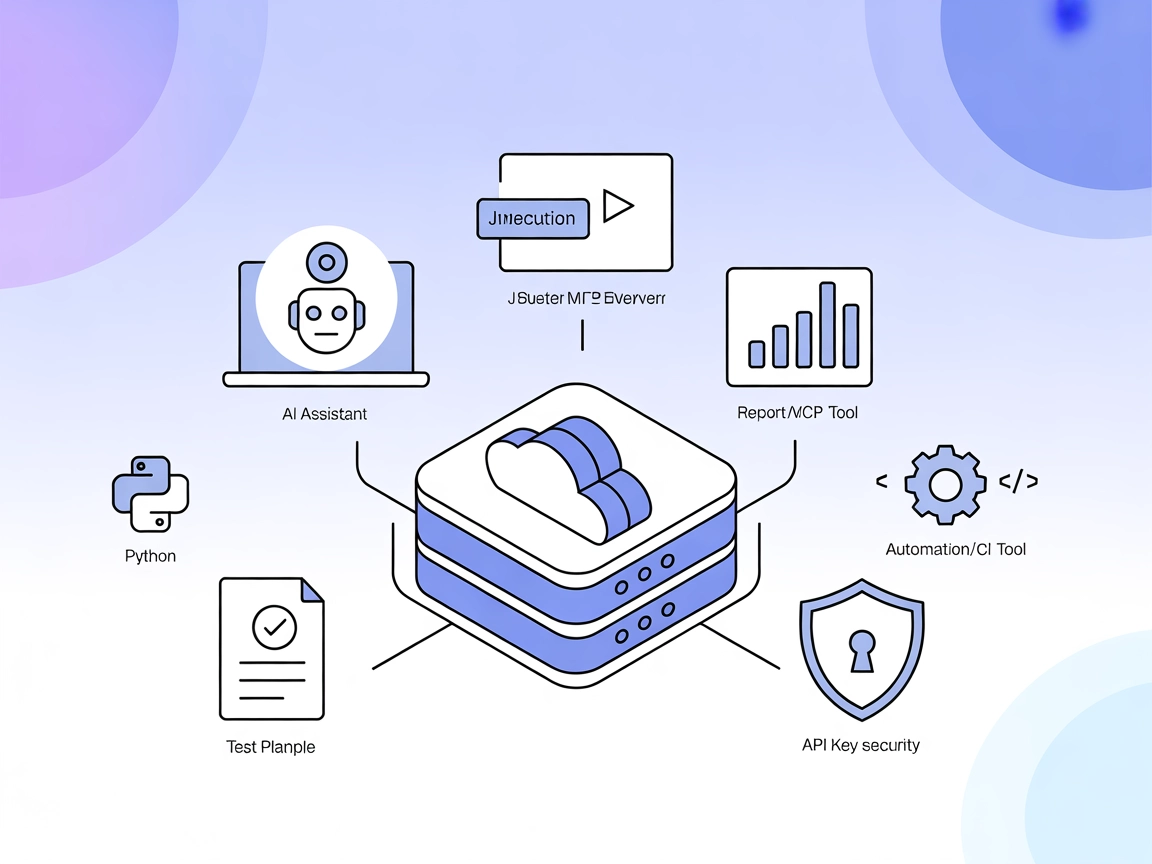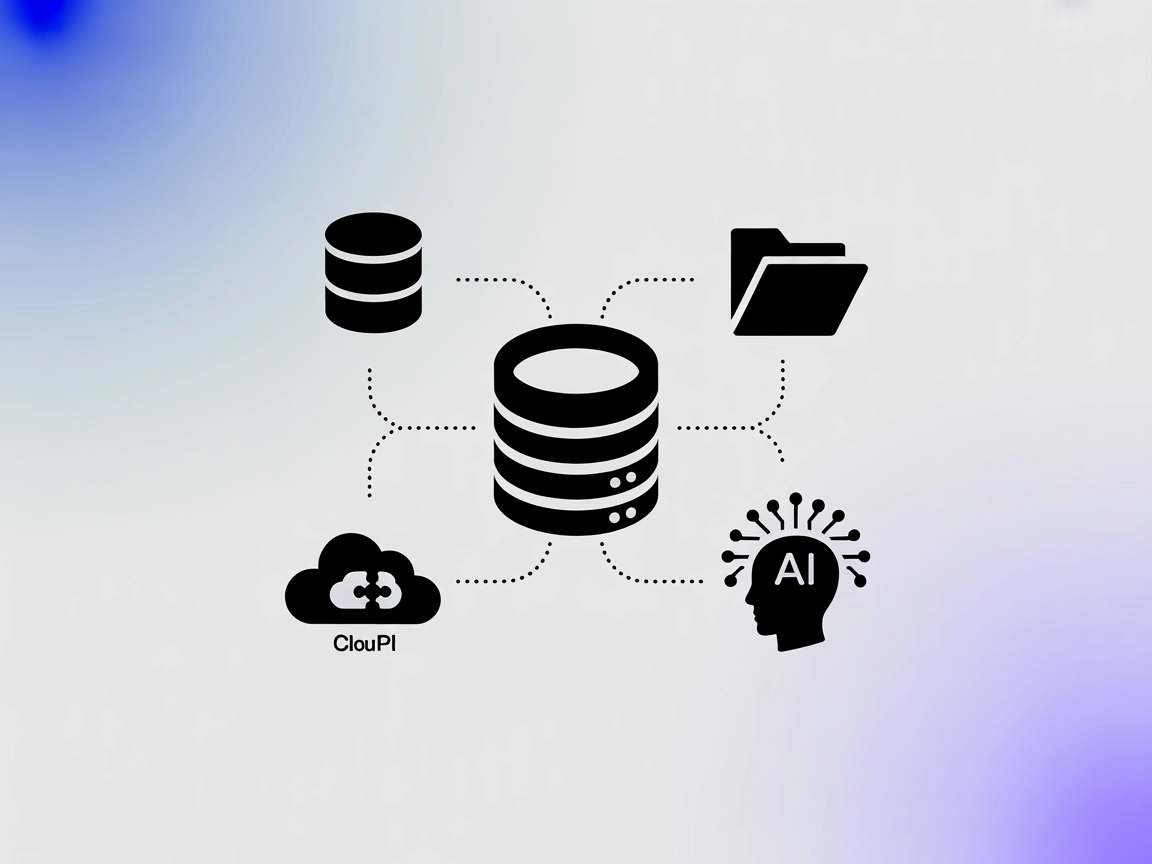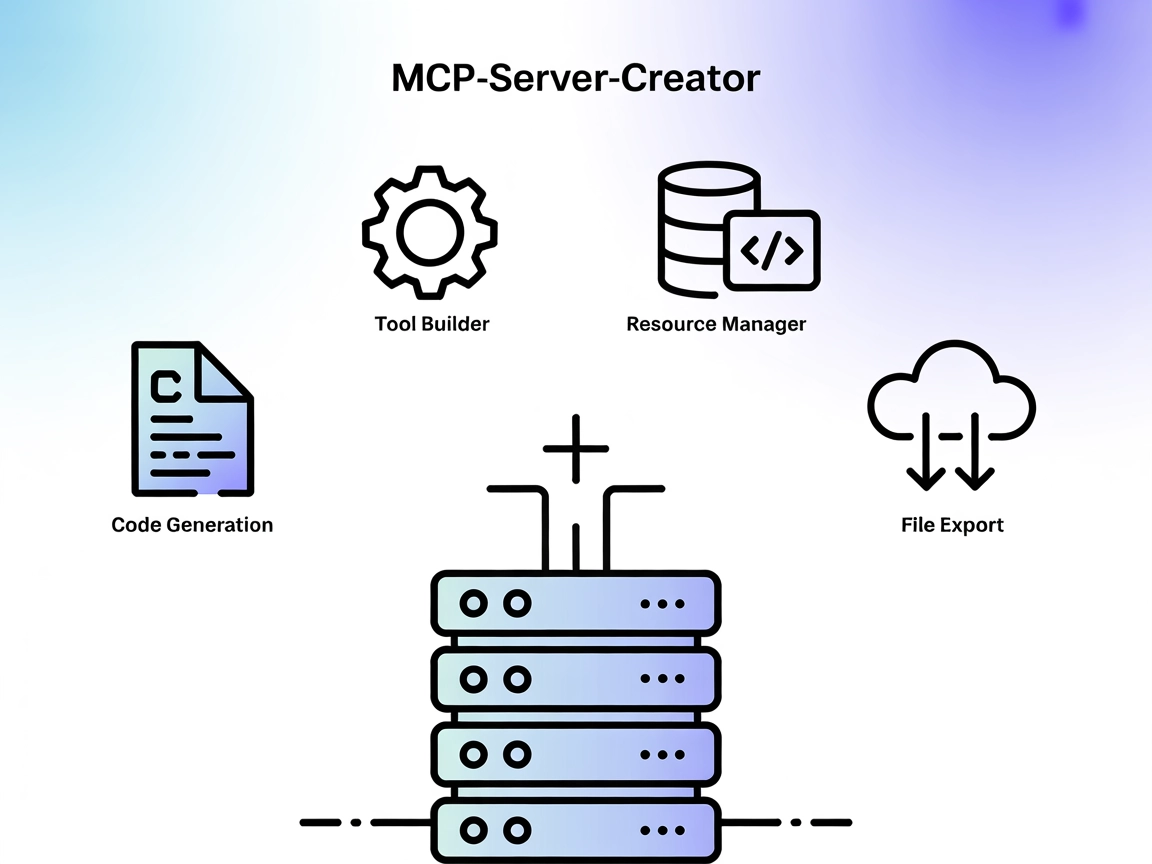
Model Context Protocol (MCP) Server
The Model Context Protocol (MCP) Server bridges AI assistants with external data sources, APIs, and services, enabling streamlined integration of complex workfl...

Automate JMeter performance testing and reporting directly within AI-powered workflows and CI/CD pipelines using the JMeter MCP Server for FlowHunt.
FlowHunt provides an additional security layer between your internal systems and AI tools, giving you granular control over which tools are accessible from your MCP servers. MCP servers hosted in our infrastructure can be seamlessly integrated with FlowHunt's chatbot as well as popular AI platforms like ChatGPT, Claude, and various AI editors.
The JMeter MCP Server is a Model Context Protocol (MCP) server designed to bridge Apache JMeter with AI-driven workflows. It enables AI assistants and compatible clients to execute JMeter tests programmatically, analyze test results, and integrate performance testing directly into automated development pipelines. By exposing JMeter’s functionality as tools and resources, this server allows developers to automate load testing, retrieve reports, and interact with test artifacts seamlessly. The JMeter MCP Server facilitates enhanced workflows by supporting both GUI and non-GUI test executions, capturing outputs, and generating comprehensive performance dashboards, thereby streamlining performance engineering tasks within modern AI-enhanced development environments.
No explicit prompt templates are documented in the repository.
.jmx test plan as a template or starting point.jmeter-mcp-server repository.mcpServers section:{
"jmeter-mcp": {
"command": "python",
"args": ["main.py"]
}
}
main.py is executable.{
"jmeter-mcp": {
"command": "python",
"args": ["main.py"]
}
}
{
"jmeter-mcp": {
"command": "python",
"args": ["main.py"]
}
}
{
"jmeter-mcp": {
"command": "python",
"args": ["main.py"]
}
}
Note on Securing API Keys:
Environment variables can be used to secure sensitive data like API keys. Example:
{
"jmeter-mcp": {
"command": "python",
"args": ["main.py"],
"env": {
"JMETER_API_KEY": "${JMETER_API_KEY}"
},
"inputs": {
"api_key": "${JMETER_API_KEY}"
}
}
}
Using MCP in FlowHunt
To integrate MCP servers into your FlowHunt workflow, start by adding the MCP component to your flow and connecting it to your AI agent:

Click on the MCP component to open the configuration panel. In the system MCP configuration section, insert your MCP server details using this JSON format:
{
"jmeter-mcp": {
"transport": "streamable_http",
"url": "https://yourmcpserver.example/pathtothemcp/url"
}
}
Once configured, the AI agent is now able to use this MCP as a tool with access to all its functions and capabilities. Remember to change “jmeter-mcp” to whatever the actual name of your MCP server is and replace the URL with your own MCP server URL.
| Section | Availability | Details/Notes |
|---|---|---|
| Overview | ✅ | Overview from README.md |
| List of Prompts | ⛔ | No prompt templates documented |
| List of Resources | ✅ | Report, output, sample test plan |
| List of Tools | ✅ | Execute test, GUI launch, report generation, analysis |
| Securing API Keys | ✅ | Example provided in setup section |
| Sampling Support (less important in evaluation) | ⛔ | No mention of sampling support |
The JMeter MCP Server is well-suited for teams looking to automate performance testing and integrate JMeter into AI-powered workflows. The documentation covers features and setup for various platforms, though it lacks explicit prompt templates and detailed sampling/root support. Its tool and resource exposure is robust for performance engineering tasks.
| Has a LICENSE | ⛔ (No LICENSE file found) |
|---|---|
| Has at least one tool | ✅ |
| Number of Forks | 7 |
| Number of Stars | 27 |
Rating: 6/10
The server provides core MCP functionality and clear setup guidance but lacks documented prompt templates, LICENSE, and explicit sampling/roots support, which would make it more production-ready and open-source friendly.
The JMeter MCP Server is a Model Context Protocol server that exposes Apache JMeter’s testing capabilities to AI assistants and compatible clients, enabling automated and programmatic performance testing, report generation, and analysis.
It offers access to the JMeter Report Dashboard, execution output logs, sample test plans, and tools to run tests (in both GUI and non-GUI modes), generate reports, and analyze results.
Add the MCP component in your FlowHunt flow, open its config panel, and provide your MCP server details using the specified JSON format. This allows your AI agent to access JMeter tools and resources as part of your workflow.
Yes, it supports both automated performance testing in CI/CD pipelines and on-the-fly ad-hoc test executions, making it flexible for various engineering and QA use cases.
You can use environment variables in your MCP server configuration to securely provide API keys and sensitive data, preventing exposure in version-controlled files.
Automated load testing in development pipelines, rapid performance result analysis, ad-hoc test execution for new services, automatic report generation for QA, and AI-driven orchestration of complex testing scenarios.
As of now, the JMeter MCP Server lacks explicit prompt templates and a LICENSE file, and sampling/root support is not documented.
Streamline performance engineering by connecting JMeter to FlowHunt and automate test executions, result analysis, and reporting.

The Model Context Protocol (MCP) Server bridges AI assistants with external data sources, APIs, and services, enabling streamlined integration of complex workfl...

The Metoro MCP Server bridges AI agents with external data sources, APIs, and services, enabling FlowHunt users to automate workflows, standardize integrations,...

The MCP-Server-Creator is a meta-server that enables rapid creation and configuration of new Model Context Protocol (MCP) servers. With dynamic code generation,...
Cookie Consent
We use cookies to enhance your browsing experience and analyze our traffic. See our privacy policy.